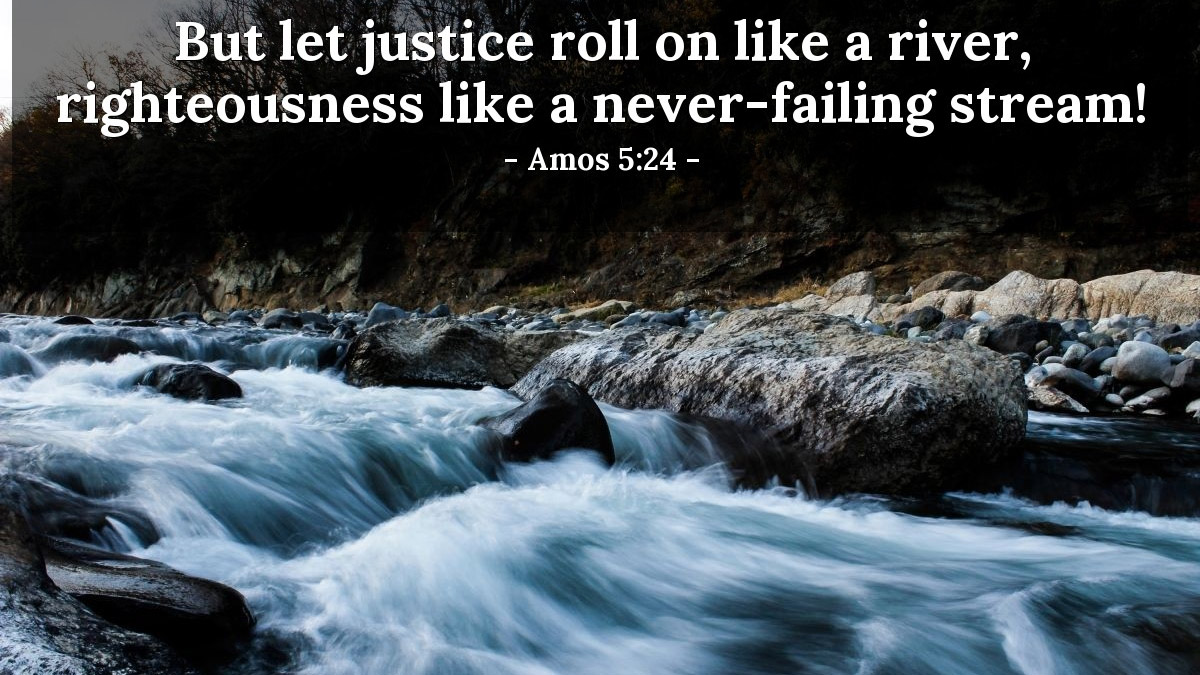
I would like to first of all appreciate the gesture of the Prerogative of Mercy to grant pardons to scores of emaSwati who were facing long sentences. This of course includes former Member of Parliament Mthandeni Dube. It is indeed commendable that His Majesty has decided to give some of lamaSwati a second chance at life.
This is indeed a recognition that we are all infallible. Hence, the justice system has measures to give those who have found themselves on the wrong side of the law another chance in life. It further gives credence to the transformational nature of the prison institutions to correctional ones. May I plead with families and communities to accept lamaSwati and give them support. For those who were wronged to find it in their hearts to forgive them because we are also being forged daily by Christ. We hope those who have freed will prove that they are indeed transformed.
Following the complains by the Judiciary that it is being unfairly attacked, initially by the Member of Parliament, Alec Lushaba, on its role in deepening corruption, let us continue to think aloud by justice. Judges in society have a critical role in society.
Leslie Thomas MC noted that there can be no free society without law administered through an independent Judiciary. He quotes Nelson Mandela’s speech at his Rivonia trial, when he said: “Why is it that in this courtroom I face a white magistrate, I am confronted by a white prosecutor and escorted in the dock by a white orderly? Can anyone honestly and seriously suggest that in this type of atmosphere the scales of justice are evenly balanced?”
He observes in his paper that an independent Judiciary is a nine qua none of liberal democracy. He states that society needs a body of law that is administered consistently and impartially. He noted that judges provide an important check on the power of the Executive and safeguard the rights of the minorities.
He further observes that those who criticise judges as unrepresentative of society and disproportionally drawn from privileged backgrounds and hand down judgements on marginalised peoples, whose lives and experiences they do not understand at all. The other criticism is that judges are not democratically accountable and that vesting so much power in the Judiciary is undemocratic.
These are vexing questions that face society today regarding judges and the law. It is in this context that today I was drawn to the Holy Bible as the majority of emaSwati claim to be Christians. I am sure our judges and magistrates and most of those who are in the justice system value chain claim the same.
Indeed, judges are mortals just like all human beings. They are bound to also falter in their roles. Hence, judges must appreciate that they will, from time to time, be criticised on decisions they take.
They must appreciate that they are elected to dispense justice, hence, the people they serve have no means to foster their accountability, other than to criticise their actions. I like what the previous Chief Justice of South Africa, Mogoeng Mogoeng, said to articulate about his position. He emphasised that he was serving all South Africans, regardless of their status or privilege.
Call for justice for all, especially those unheard
In the Book of Amos 5:24, it reads: ‘But let justice roll like a river, righteousness like a never-ending stream’. It is a call for justice to be continuous, powerful and a life-giving force. It has been used as a powerful metaphor and song to advocate for fairness and an end to injustice. It’s in fact a command from God.
The imagery river emphasises that justice should be constant, unstoppable and abundantly flow, nourishing and sustaining society, much like a river is vital for arid regions, in the “context of the Prophet Amos.
Before this call, he notes in verse 7 same chapter: ‘You who turn justice into bitterness and cast righteousness to the ground’. This seem to suggest that there was a problem in dispensing justice at that time.
This is the situation that confronts our society today, where there is a feeling that justice seems to favour the rich and powerful. In fact, in verse 11 he said: ‘You turn on the poor and force him to give you grain’ and further notes in verse 12 ‘You oppress the righteous and take bribes and you deprive the poor of justice in the courts’. I would like to remind the judges, magistrates and all who serve in the justice system in the kingdom that they are in service for the country and all emaSwati, regardless of their status. Hence, they need to dispense justice without fear, favour or prejudice.

For those who were wronged to find it in their hearts to forgive them because we are also being forged daily by Christ.